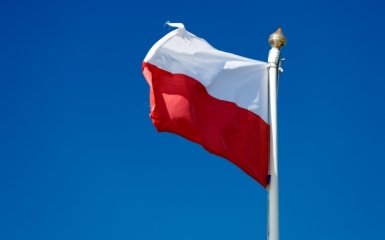On June 10-11, a summit of the speakers of the parliaments of Poland, the Baltic countries and Ukraine will be held in Bialystok. This should be a signal that the countries "stand together".
What is known about the summit of parliamentary speakers in Poland
The speaker of the Polish Sejm, Szymon Holownia, said that he had invited the leaders of the parliaments of Lithuania, Latvia, Estonia and Ukraine to "talk about common security".
Let's talk about it here, so close to the border with Belarus, but also with Lithuania, where we meet both the opportunities and the threats we face, and not always in Warsaw.

Shimon Holovnia
Speaker of the Polish Sejm
He added that all the speakers had accepted the invitation.
We also want to send a signal from here, from Bialystok, that we stand together. We must become friends and get closer as a society, he said.
Holovnia stressed that in times of danger, it is necessary to show that not only governments support each other, but also societies support each other.
What will the Bialystok summit bring to Ukraine?
Asked whether the June summit will provide Ukraine with any concrete assistance, Holovnia said that today we need to do not only the "hard things" that the government is doing, but also "soft things" such as parliamentary diplomacy.
If we don't do the soft things, i.e. meet with each other, open discussions, convince people, there will be no one to vote for in governments that will do the hard things, he said.
He hopes that the summit will result in a joint declaration, perhaps a declaration on a joint trip to Ukraine.
You can say that these are symbolic gestures, but these symbolic gestures work, Holovnia said.










